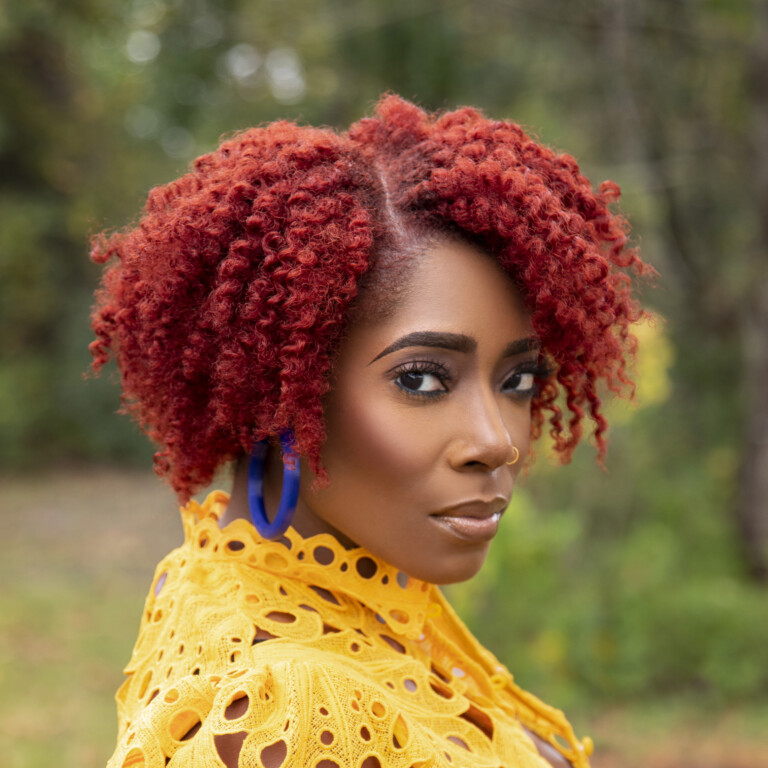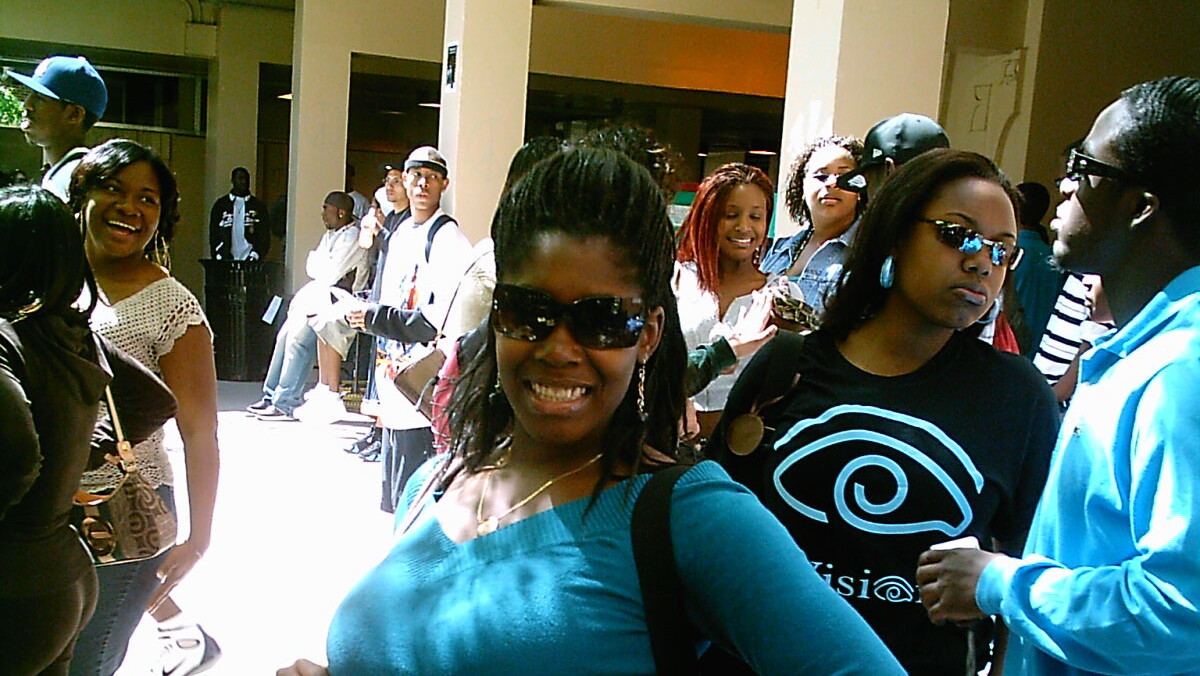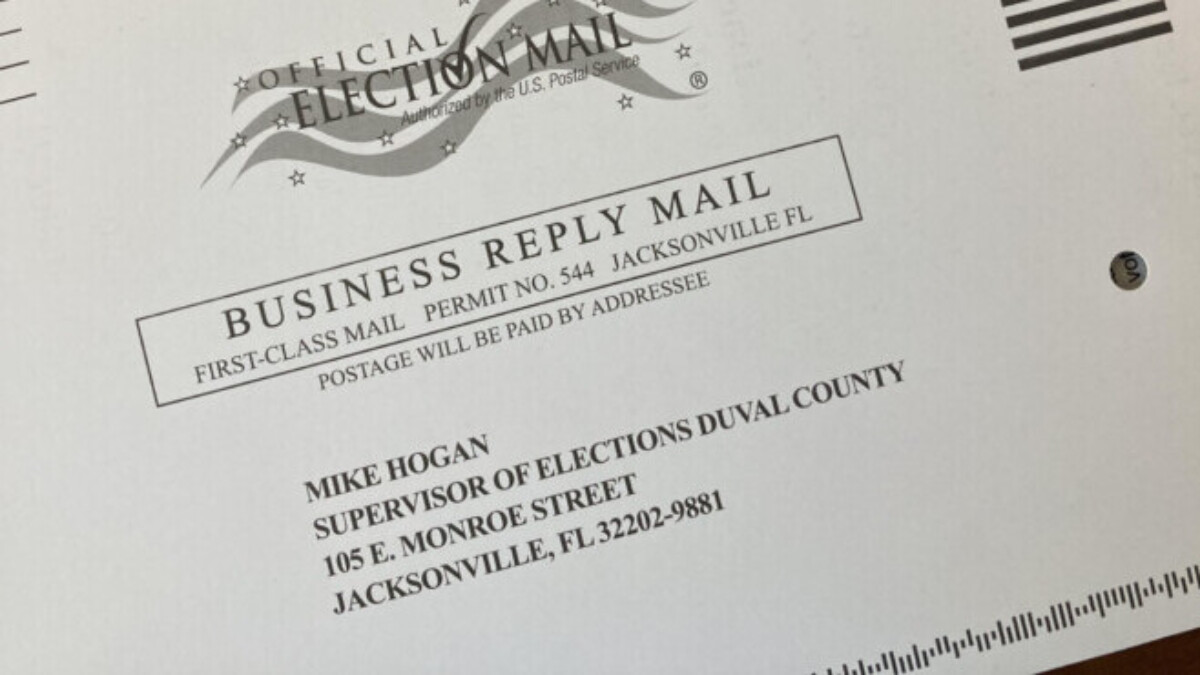
The first time I was called a ni**** — hard “er” and Southern inflection — I was in college. It was the summer of 2006. I had stayed in Tallahassee for the semester along with my three roommates. We’d moved from our dorm to an apartment. Half-way to grown and feeling ourselves, we spent our evenings and weekends looking for fun. That summer, the Black Student Union held block parties.
The BSU’s house on the Florida State campus was tiny in comparison to the massive mansions that lined fraternity row. Still, we congregated inside and outside, sweating in the humid night, the sun long set, to snap music and T-Pain’s exuberant use of Auto-Tune. There was food and drink, hands of spades, and tables of dominoes. We took well-framed pictures with digital cameras, this being the year before the iPhone was sicced on the world, talked loudly above the music, lamenting the problems we thought we had at 19 and 20 years old.
Then it happened.
A pick-up truck sped by the house and the word “ni****” — hard “er” and Southern inflection — was shouted with vitriol.
The music stopped. The students already congregating in the front of the house ran into the street. Those of us in the backyard came to the front. Those inside came outside. Whisperings of what happened spread through the crowd like rumors, but it was real. And then it happened again. The pick up truck roared by — my mind wants me to remember that there was a Confederate flag anchored in the bed of the truck, but I’m not certain if that’s correct or a cinematic detail my writerly imagination wants to add to juice the story.
What I am certain of is what was yelled.
“Ni****”!
That was the first time.
The second time also happened while I was in college. A year and a half later, I was leaving the English department after a late class and walking to the stadium where my car was parked. I was on the phone with a roomie who was doing her best to make sure I was safe as I walked alone in the night even though there were dozens of other students making a similar trek.
First came the roar of the truck. And then, “F*** you, ni**** b****!” — hard “er” and Southern inflection. Hatred hardened everything.
My response was a shocked, expletive laden outburst. My friend on the other end of my Razor flip phone shouted my nickname. “What happened!” she asked.
I relayed what she already heard and kept walking. I wanted to run, but I was wearing a long jean skirt and couldn’t. I wasn’t going to be able to catch up on foot. They had already disappeared into the night while I remained bumbling through curses, confused still with blocks to go.
These occurrences do not convey the entirety of my undergrad career. I had a great time and made life-long friends and I experienced racism in a way that I never had in the North.
The reasons I attended Florida State are many, but what tipped the scales for me is my visit in April of 2004 during my senior year of high school. I was there to tour the school and audition for the dance program. During that whirlwind visit I walked through the old student union and saw Black students everywhere. The BSU was holding elections, the Divine Nine were dressed and strolling. A DJ banged hits from the steps. Looking around at the sea of brown just like me, I felt at home. It was like the campus of Zach and Kelly from Saved by the Bell: The College Years with the flavor of Hillman from A Different World. Even when I attended, I rarely felt like the proverbial fly in the milk.
This is the power of diversity, equity and inclusion. They provide a sense of belonging for the children of those who had to be amended human, whole, and legislated equal. BSUs, the fraternities and sororities known as the Divine Nine that make up what’s formally known as the National Pan-Hellenic Council, LGBTQ+ clubs and cohorts, and more provide safe space and solace for those of us looking for community in a dominant culture that’s hostile to difference.
Ron DeSantis and his band of minions doing his bidding in the Florida Legislature are hostile to difference. These exhaustive, multi-pronged attacks on history and identity couched in the rhetoric of educational “freedom” and “parental choice” are steeped in hatred, the roots of which grow from the tainted soil of the first settlers who thought it their right to steal, kill and destroy those first nations on whose land we live.
It would be much easier if the supermajority in the Legislature just came out and said they hate Black people, and trans people, and women, and any one who is not cis-het, white and male. (And please, I don’t have time to explain how some white women, especially those with a semblance of power, are at times tools of their own oppression. Please see the 2016 presidential election for reference).
Say you feel threatened at becoming a minority when the truth is you have always been one, globally speaking. Hegemony imbued by white supremacy gives power, and it is obvious to me that white men are afraid to lose it. Colleague and community organizer Malkia Devich Cyril would say, “This is a grief response.” So through insidious legislation, soon to be signed into law, it becomes illegal to talk about the experience of non-white ancestors on these shores; it is illegal to have a formal society or club publicly funded to find friendship and fellowship among those who can relate to your background; it is illegal to talk about the changes in the body of a young girl before men deem it appropriate; it is illegal to play sports if you want to be with those with whom you identify but have a different sex assigned from birth; it is illegal to have autonomy over your body and whether or not you want to have a child.
Sometimes, I wish I had as much confidence and audacity as that of mediocre white men. They want control and popularity so badly that they would relegate the state back to a time of separate and unequal, duping their devoted into this dogma they’ve rebranded as choice. But the last thing the world needs is another mediocre white man ego tripping off his own assumed superiority.
Lord Acton was right: “Absolute power, corrupts absolutely,” and the power grabs and homogenization of control we’re seeing in Florida is that corruption happening in real time.

Nikesha Elise Williams is an Emmy-winning TV producer, award-winning novelist (Beyond Bourbon Street and Four Women) and the host/producer of the Black & Published podcast. Her bylines include The Washington Post, ESSENCE, and Vox. She lives in Jacksonville with her family.






